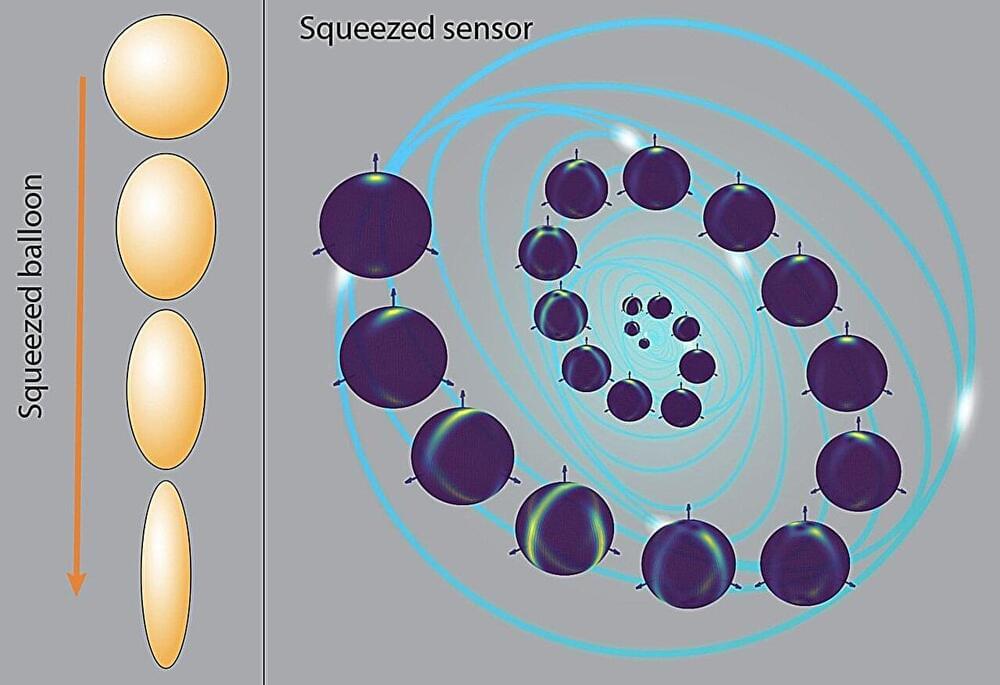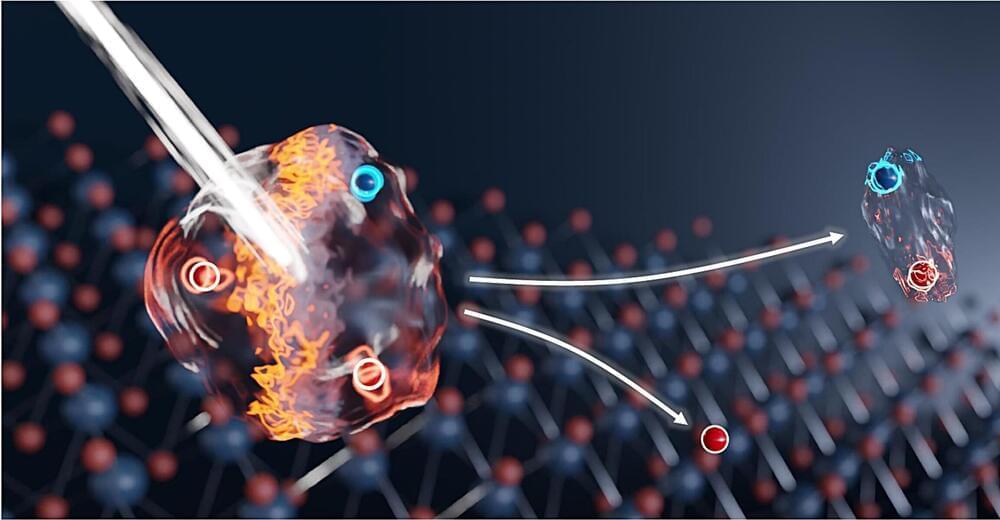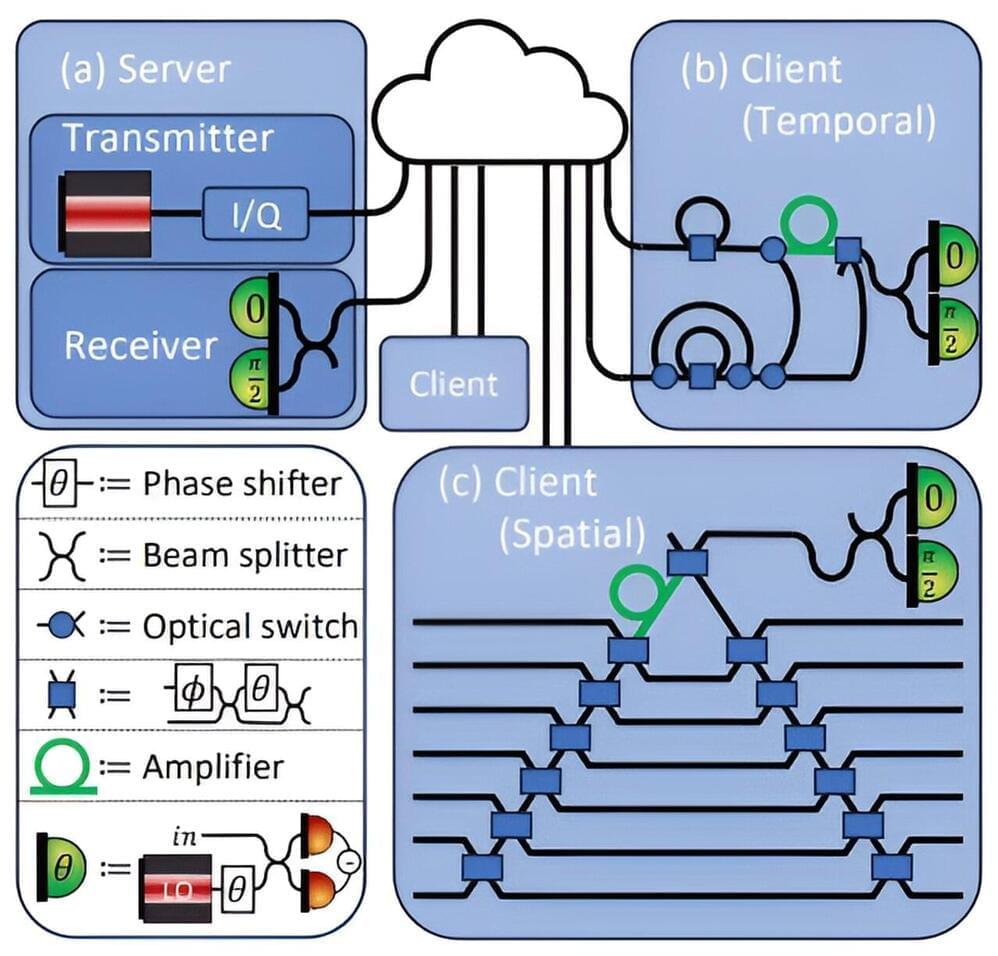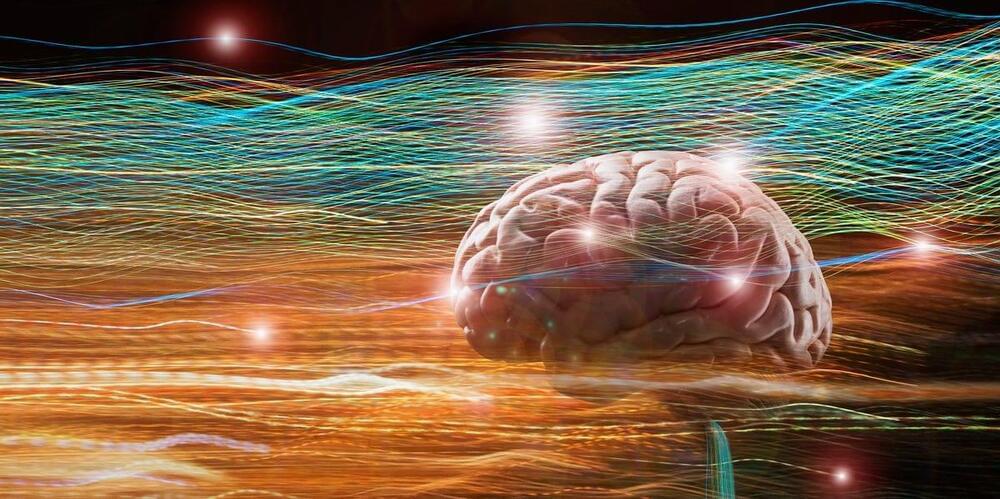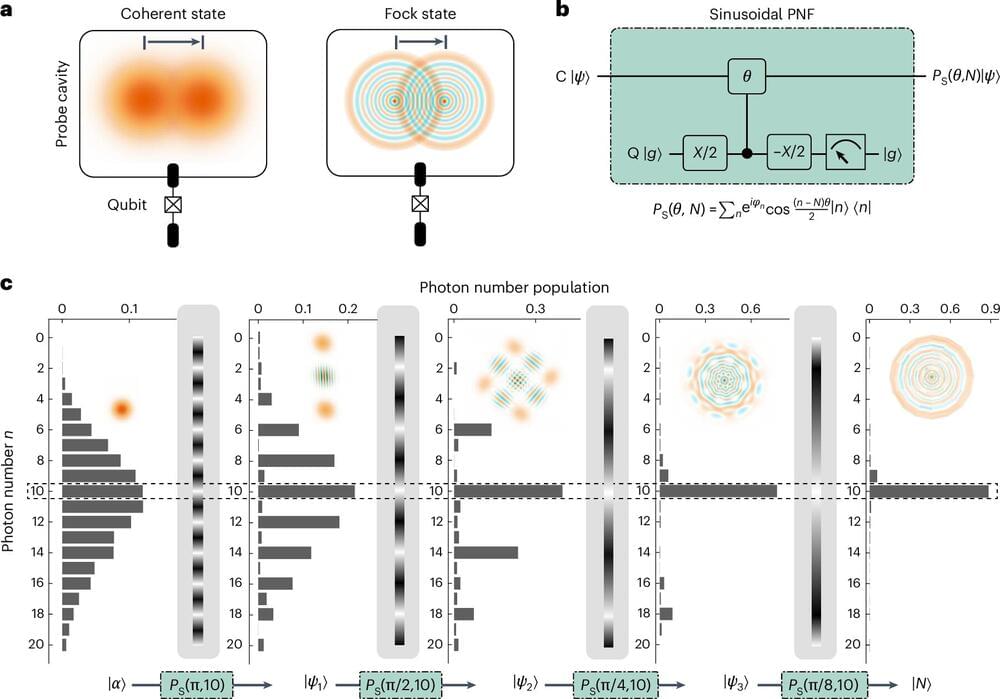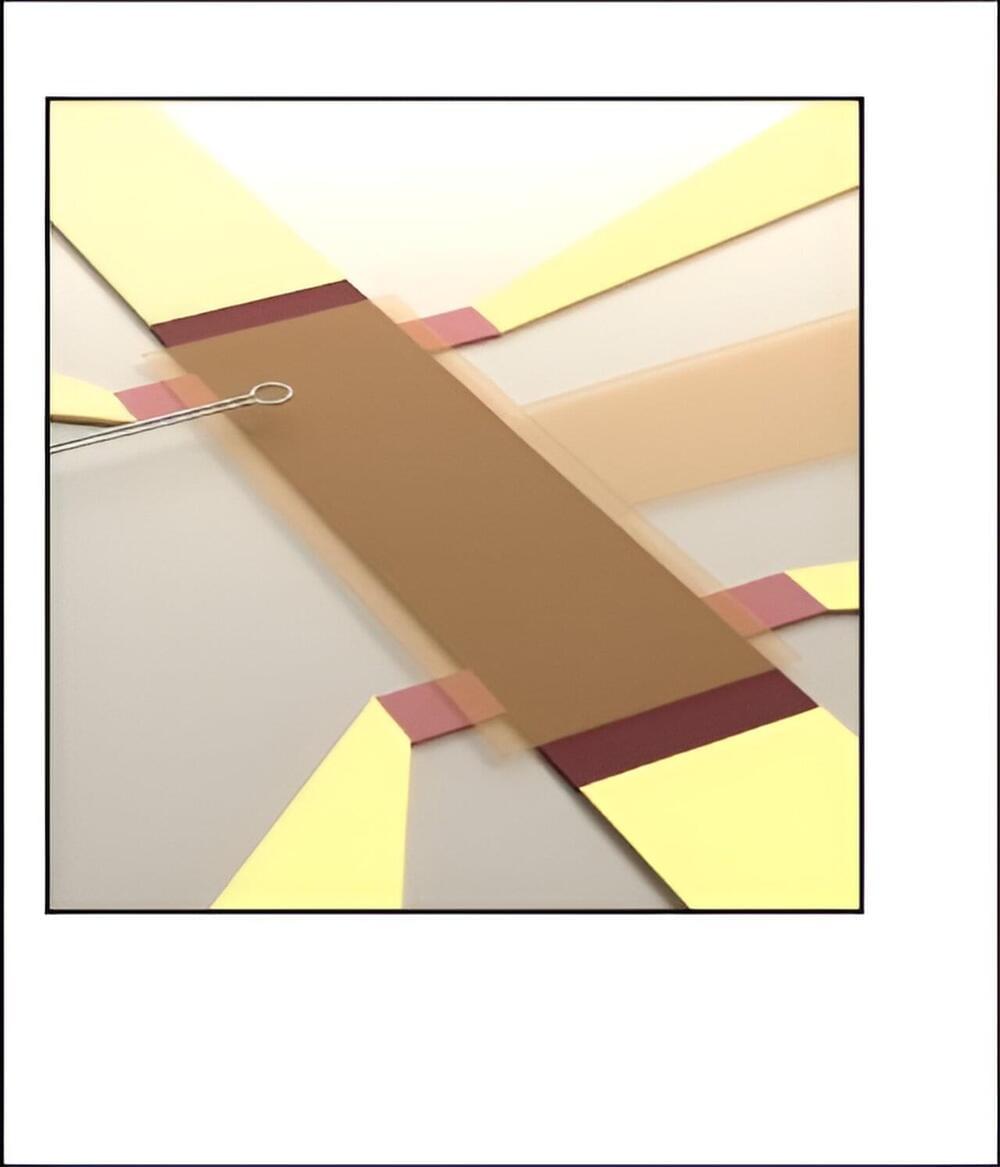Quantum computers have the ability to harness the mysterious effects of quantum physics, making them a game changer for science. Professor Hannah Fry explains how they work on The Future with Hannah Fry.
With the promise of unimaginable computing power, a global race for quantum supremacy is raging. Who will be first to harness this new technological force, and what will they do with it?
——-
Like this video? Subscribe: https://www.youtube.com/Bloomberg?sub_…
Get unlimited access to Bloomberg.com for $1.99/month for the first 3 months: https://www.bloomberg.com/subscriptio…
Bloomberg Originals offers bold takes for curious minds on today’s biggest topics. Hosted by experts covering stories you haven’t seen and viewpoints you haven’t heard, you’ll discover cinematic, data-led shows that investigate the intersection of business and culture. Exploring every angle of climate change, technology, finance, sports and beyond, Bloomberg Originals is business as you’ve never seen it.
